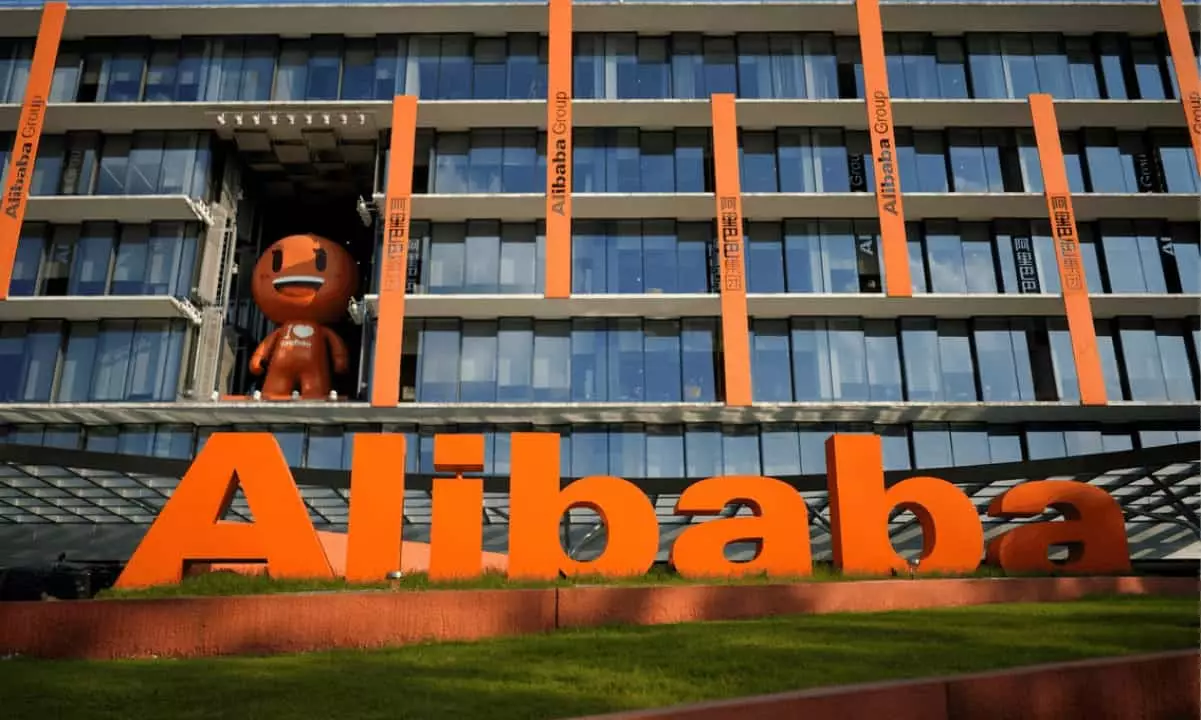The recent decision by Alibaba to reduce its metaverse operations serves as a stark reminder of the shifting priorities within the tech industry. As the landscape evolves, it appears that many major companies are pivoting away from the once-promising realm of the metaverse, reevaluating their strategies in accordance with the current market dynamics. This move highlights a broader trend where organizations are prioritizing operational efficiency and redirecting investments towards emerging technologies such as artificial intelligence (AI).
Alibaba’s metaverse division, Yuanjing, has witnessed significant layoffs, impacting employees across its operations in prominent cities like Shanghai and Hangzhou. The reports suggest that the workforce, which previously boasted hundreds of members, has been drastically reduced in an effort to streamline operations. This move underscores the pressures within the tech sector, where companies are increasingly forced to make tough decisions in response to an unpredictable market environment. Despite these layoffs, it is noteworthy that Alibaba intends to keep Yuanjing active, albeit with a refined focus on developing applications and services that cater to customer needs within the metaverse space.
Investments in Augmented Reality
In a bid to maintain a foothold in the metaverse domain, Alibaba has made strategic investments in augmented reality (AR), a key area that many believe could serve as a crucial entry point for consumers into the digital realm. One notable investment includes a $60 million stake in Nreal, a company on the cutting edge of AR technology. This strategic maneuver reflects Alibaba’s understanding of the importance of AR in creating immersive user experiences and ensuring that the company remains relevant amid shifting consumer preferences.
Alibaba has not only invested in external firms but has also made strides in its technological capabilities. The development of a cloud-based operating system designed to enhance the integration of the metaverse across various industries showcases the company’s innovative spirit. Furthermore, the strategic partnership between Alibaba Cloud and blockchain project Avalanche indicates a recognition of the importance of blockchain technology in supporting metaverse applications, especially as businesses seek secure and scalable solutions.
Broader Industry Trend: A Move Towards AI
The downsizing of metaverse initiatives is not an isolated incident; the industry has witnessed similar actions from other tech giants. For instance, Meta Platforms has also reduced its workforce within its Reality Labs division, reflecting a company-wide recalibration towards AI advancements. Similarly, Baidu’s reassessment of its metaverse focus illustrates the challenges businesses face amidst the evolving technological landscape. With the meteoric rise of AI, particularly following the launch of products like ChatGPT, companies are more inclined to allocate resources in this direction, leaving the metaverse segment to adapt or risk obsolescence.
Despite the retreat of certain tech firms from expansive metaverse investments, data suggests a burgeoning opportunity within the industrial metaverse sector. Valued at $22.4 billion in 2023, this market is projected to grow at a remarkable compound annual growth rate (CAGR) of 29.5% until 2032. This potential highlights that while large-scale consumer-oriented metaverse applications may be slowing down, there remains significant promise in specialized, industrial applications. Companies like Alibaba, with their existing infrastructure and innovative spirit, could still play a pivotal role in shaping the future of this sector, provided they can navigate the complexities and demands of an ever-changing technological landscape.


Leave a Reply